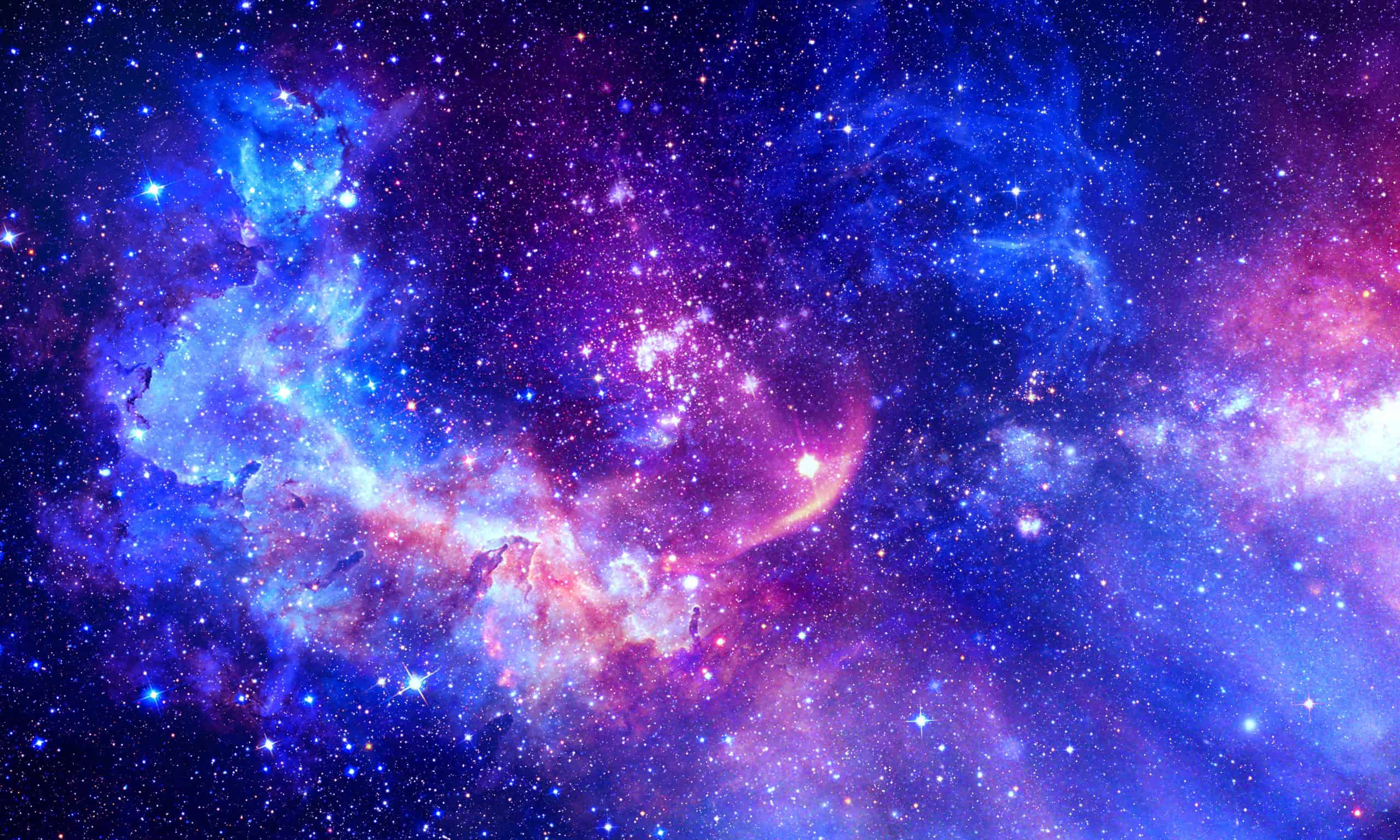Harvard Scientist: Wonders of the Universe Point to a Creator

Have you ever gazed up into the stars at night, or stood and stared out at the ocean, knowing that the beauty you’re seeing is just a glimmer of a reflection of the Creator Himself?
According to Karin Öberg, professor of astronomy and director of undergraduate studies at Harvard University, the wonders of the universe point to the existence of God.
At the recent Wonder Conference, held in Grapevine, Texas, Öberg said that many scientists present and past have been strong believers.
What we see in the universe “should draw us out of ourselves,” she said, “looking out not just towards the wonders themselves and towards the truths they reveal, but also towards the source of all truths and the ultimate Creator of all things.”
Öberg pointed to the example of George Lemaître, who first proposed the idea of Big Bang. He was also an Augustinian Friar.
“I can’t help but wonder if … the reason that he had the idea, instead of some of the other brilliant scientists that he was surrounded by, had something to do with his Catholicism. I mean, he already knew, by faith, that the universe had a beginning in time,” Öberg said.
“There’s a reason, I think, that many atheists were very concerned about The Big Bang Theory as it was being presented,” she added.
Some may see the Big Bang Theory as eliminating the need for a Creator; but precisely the opposite is true. For decades, atheists argued that the universe was eternal, and therefore not in need of a Creator.
Yet, the Big Bang Theory proposes that the universe had a specific and particular beginning, albeit a long time ago.
The Kalam Cosmological Argument, as proposed and defended by Christian philosopher William Lane Craig, uses the Big Bang Theory to argue for a Creator. The argument goes as follows:
- Whatever begins to exist has a cause.
- The universe began to exist.
- Therefore, the universe has a cause.
And because this cause would have had to be outside the universe, this cause must be spaceless, timeless, immaterial, and unimaginably powerful. Sounds an awful lot like God.
The apologetics organization Reasonable Faith has produced this video giving a brief introduction to the Kalam Cosmological Argument.
All told, scientific and philosophical disciplines can point us to God.
Öberg said that the intelligibility of the universe “shows the incredible generosity of the Creator in sharing his causal powers with creation again in a way that I think would have been impossible to imagine in the pre-scientific world.”
So, the next time you look up into the night sky, remember that no matter what your atheist friend or skeptical family member may say, science doesn’t draw us away from God. Instead, it points us closer to Him.
Photo from Shutterstock.
ABOUT THE AUTHOR
Zachary Mettler is a writer/analyst for the Daily Citizen at Focus on the Family. In his role, he writes about current political issues, U.S. history, political philosophy, and culture. Mettler earned his Bachelor’s degree from William Jessup University and is an alumnus of the Young Leaders Program at The Heritage Foundation. In addition to the Daily Citizen, his written pieces have appeared in the Daily Wire, the Washington Times, the Washington Examiner, Newsweek, Townhall, the Daily Signal, the Christian Post, Charisma News and other outlets.
Related Posts

The Refreshing Patriotism of Olympian Jasmine Jones
February 13, 2026

Colorado Committee Kills ‘Children Are Not for Sale Bill’
February 13, 2026

Washington School District Buries Female Wrestler’s Sexual Assault Complaint Against Male Opponent
February 12, 2026

“Who Am I?”: James Van Der Beek’s Final Answer
February 12, 2026
